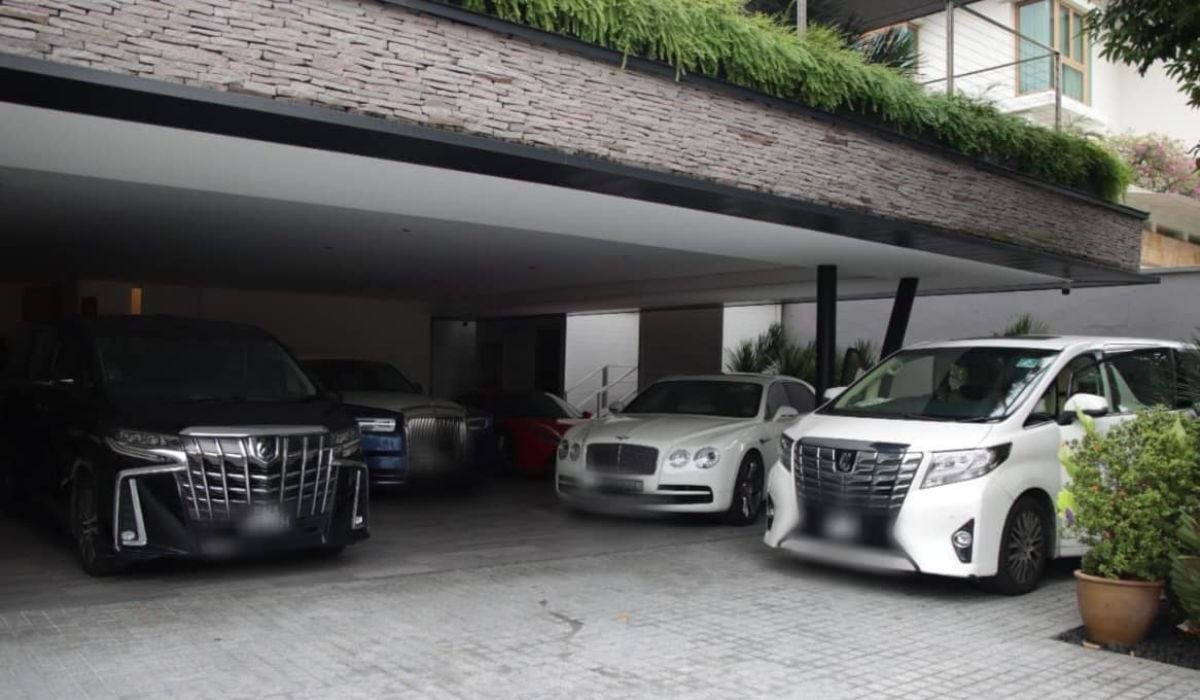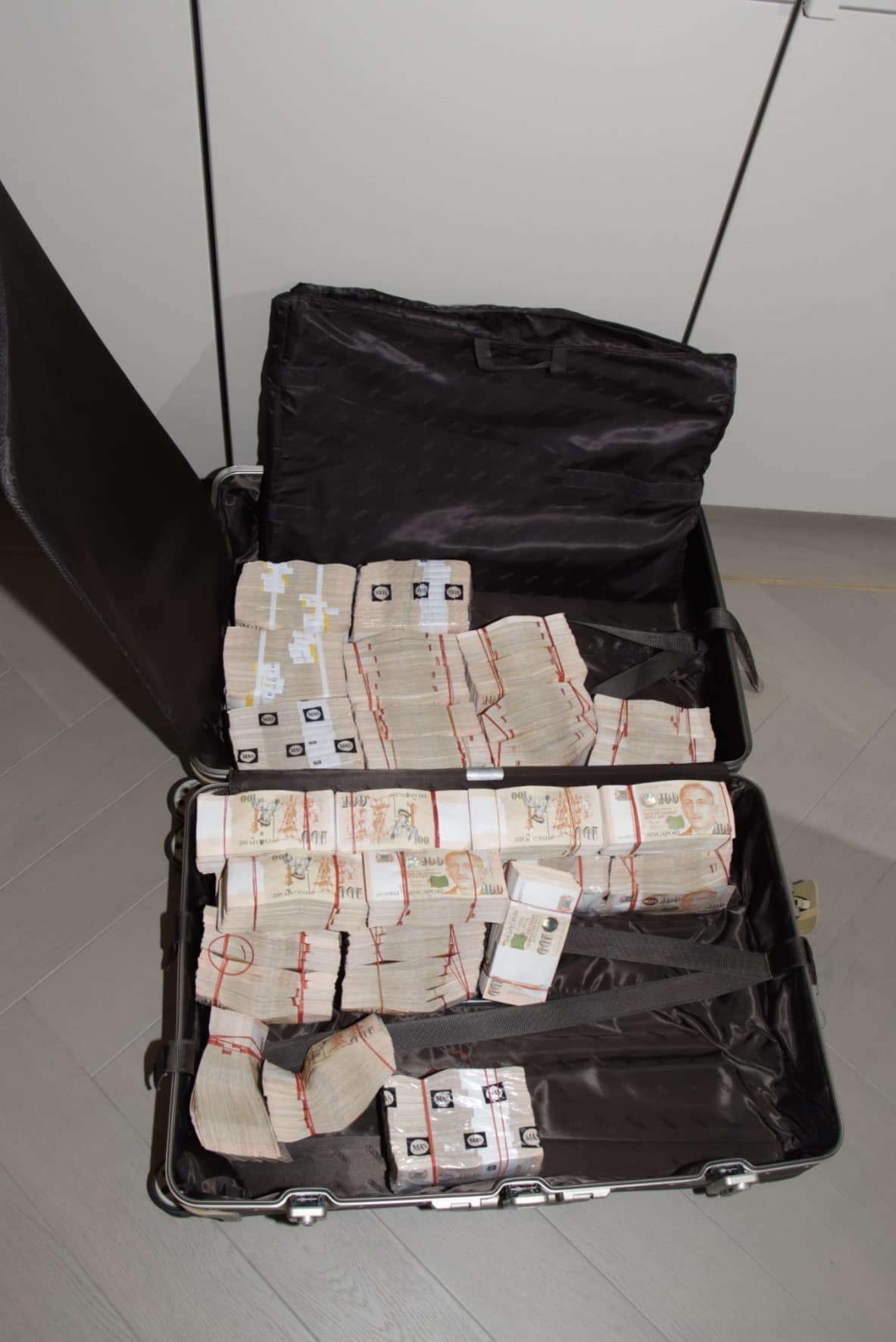Late on Wednesday (16 August 2023), the Singapore Police Force announced that they have arrested 10 individuals involved in a money laundering case, with five of them arrested at five different good class bungalows (GCB) that had been rented.
As a landlord, this is the last thing you want: getting implicated in a criminal case and having pictures of your house splashed across various physical and online newspapers. For days.

To avoid such situations, it pays to be mindful of potential tenants that are interested in renting your house.
Look out for these red flags. If they display any of these, you might want to walk away from the deal, regardless of how lucrative it is.
1. They don’t want to meet you
As a home owner, it’s natural that you want to know who your tenant is. This includes what they do and who else will be living in the house. Will they be living with their family, or are they living with their friends?
You want to know who will help take care of your house (hopefully) for the next one to two years (or longer).
More importantly, you want to ensure your future tenants are not involved in any illegal activities, like this Yishun marijuana case, and implicate you.
Sure, maybe you have your agent to handle anything pertaining to renting out the house. But it pays to meet your future tenants first before signing the tenancy agreement.
On the other hand, if you request to meet your future tenants, but they refuse to meet, you might want to take a pause and consider if you still want to rent out your house to them.
2. They’re willing to pay higher than market value
As Asians, we want to get the best bang for our buck. Whether it’s buying vegetables at the wet market or buying a second-hand item at Carousell.
It’s the same when it comes to property transactions. We haggle negotiate for a good price when we rent or buy a property.
When people pay above the market value, it’s usually when they really want to secure the house, but there are other interested buyers or tenants, leading to a bidding war.
But if there are no other interested players and the potential tenant is willing to pay higher than the market value, this should ring some alarm bells.
A property agent who deals with high-end property transactions recently revealed to Zaobao that in the past year, he often encountered Chinese tenants who were generous; this was less common previously.
He added that they would bring the whole family or several people to see the house, and would be willing to rent way higher than the market price.
To find out what’s the market value of your property, enter your address on 99.co’s Property Value Tool to get a quick estimate!
3. They want to sign a longer lease than usual
The common practice for tenants in Singapore is that if they’re renting a particular property for the first time, they would sign a lease to rent for one or two years.
If the house isn’t suitable for them (or if the tenant isn’t happy with the landlord), they can choose not to renew and rent at another place at the end of the lease.
But if a new tenant wants to pay such a high rent at the start, and still sign a five-year lease, doesn’t that sound quite sus?
In fact, the same property agent interviewed by Zaobao also revealed that he heard a Chinese tenant offering a monthly rent of almost S$40,000 for a good class bungalow (GCB).
(Non-Singapore Citizens are generally not allowed to buy a good class bungalow, so their only option would be to rent one.)
The agent further disclosed that once the tenant had signed the contract, they wanted to sign for a five-year lease, even planning to spend S$1 million to renovate the bungalow. According to the agent, such tenants were rare previously.
4. They’re secretive about who they are and what they do
As a landlord, it’s good to be a little nosy.
For starters, you want to ensure that your potential tenants have the right to stay in Singapore.
If the potential tenant is a Singaporean or PR, you need to check their original NRIC.
If they’re a foreigner, you need to check if they have a valid and original pass, whether it’s an employment pass, work pass or student pass.
Your property agent should already be carrying out these checks. But you can also double-check for these using ICA’s website.
The last thing you want is to get into trouble with the government for renting out your house to illegal immigrants.
On top of that, you should enquire about what they do. Make small talks with them; ask them more about their occupation and how long they’ve been working at the company.
Such conversations allow you to gauge if they have a stable source of income and ensure that they have enough money to pay the rent. If they don’t have a stable source of income, they’re more likely to default on rent.
(Remember this horror tenant? You don’t want to be his landlord.)
On the other hand, you also want to ensure that the rent matches what the potential tenant is supposedly earning. Does it make sense if the rent is S$80,000 a month, but the potential tenant doesn’t want to reveal his job?
A rule of thumb is that the tenant’s income should be three times the monthly rent.
So if you’ve probed the potential tenant, but they’re still vague about what they do, it’s a sign that you should walk away from the deal.
5. They pay in cash
This is probably the biggest red flag.

Like property purchases, the standard practice of paying rent here is done via bank transfer or cheque. These are the preferred payment modes as they leave transaction records.
Such payment modes also minimise disputes, such as the tenant claiming they have paid the rent when they have not.
On the contrary, it’s not advisable to pay in cash since such payments are not traceable.
But if your potential tenant insists on paying in cash, it’s a sign for you to consider other tenants.
What other red flags should landlords know? Let us know in the comments section below.
If you found this article helpful, 99.co recommends How to Check Up on a Potential Tenant via Social Media and Renting in Singapore: 5 reasons why landlords reject tenants.
The post Lessons from the GCBs money-laundering raid: 5 red flags in potential tenants landlords should know appeared first on .
































